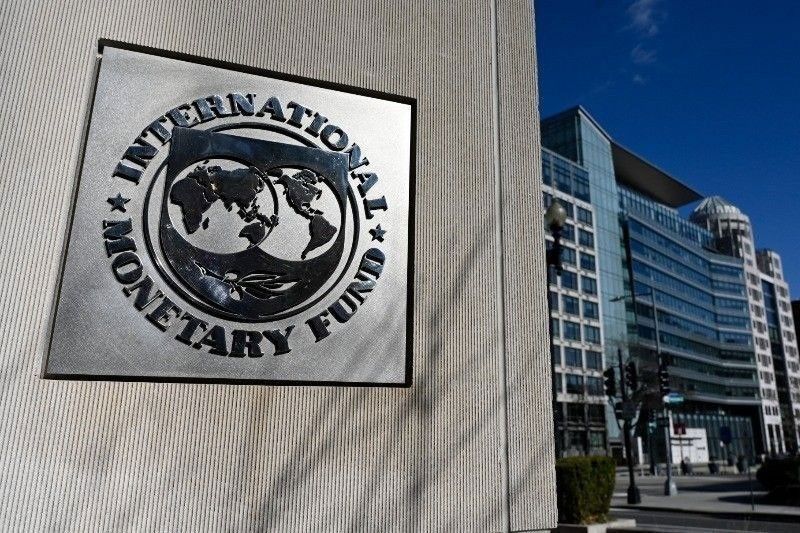Philippines urged to hasten exit from gray list

IMF wants strong measures vs dirty money
MANILA, Philippines — The International Monetary Fund (IMF) has urged the Philippines to step up efforts to be taken out of the gray list of global dirty money watchdog Financial Action Task Force (FATF).
Shanaka Jayanath Peiris, mission chief of the 2023 IMF Article IV consultation team, said the multilateral lender sees the need for the Philippines to ramp up initiatives to strengthen its anti-money laundering/combating the financing of terrorism (AML/CFT) framework.
“Efforts to be removed from the FATF gray list should be stepped up and would benefit from the publication of a credible timeline to address outstanding AML/CFT issues,” Peiris said.
The Philippines was re-included in the gray list in June 2021 after a mutual evaluation report of the Asia-Pacific Group on money laundering (APG) showed the country failed to address 18 deficiencies in AML/CFT controls.
Two years after its inclusion, the Philippines was retained in the list of jurisdictions under increased monitoring in June as the country has yet to address eight of the 18 concerns.
Last June, then FATF president T. Raja Kumar said the Philippines was retained in the gray list after missing the January 2023 deadline to address all the deficiencies.
“The Philippines entered the gray list in June 2021, but its action plan actually expired in January this year and eight of 18 action items remain outstanding. So this is not a small number,” Kumar said.
Although significant progress has been made over the two-year period, the Philippines still needs to demonstrate the implementation of AML/CFT controls to mitigate risks associated with casino junkets, as well as increase money laundering and terrorist financing investigations and prosecutions.
Other deficiencies include the demonstration that the effective risk-based supervision of designated non-financial business and professions (DNFBPs) is occurring, the enhancement and streamlining of law enforcement agencies’ access to beneficial ownership information and taking steps to ensure that beneficial ownership information is accurate and up-to-date, as well as the need to show an increase in the identification, investigation and prosecution of terrorist financing cases.
Meanwhile, the Anti-Money Laundering Council (AMLC) issued an advisory reminding covered persons, including banks to implement risk-based preventive measures against money laundering and terrorism financing on its customers, including the transactors.
“The AMLC reminds all covered persons of their duty to implement risk-based customer due diligence (CDD), record-keeping and transaction reporting measures on its customers, particularly the transactors,” the financial intelligence unit stated in the advisory.
According to the AMLC, transactors are customers, as stated in the implementing rules and regulations of Republic Act 9160 or the Anti-Money Laundering Act of 2001.
It pointed out that the term transactor is understood to mean any person, other than the account owner or holder who transacts business with a covered person.
Transacting business includes all activities relative to the regular business, service, or product being offered or performed by a covered person, regardless if it results in account opening or actual movement of funds.
The AMLC also reminded covered persons to undertake risk assessments prior to the launch or use of such products, practices and technologies.
“This requirement covers the adoption of non-face-to-face modes of fund transfers and other transactions, like in the case of cash deposit machines. Covered persons shall take appropriate measures to manage and mitigate the risks arising from the launch or use of such products, practices, and technologies,” it said.
It added that the adoption of new technologies should not be an excuse for covered persons not to implement the relevant preventive measures against money laundering and terrorism financing.
“Technology is not incompatible with CDD. However, depending on the nature of the technology to be adopted, the mode and manner of conducting the preventive measures, especially CDD, may vary depending on how the covered person intends to integrate it with the new technology,” the AMLC said.
- Latest
- Trending




























